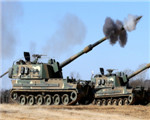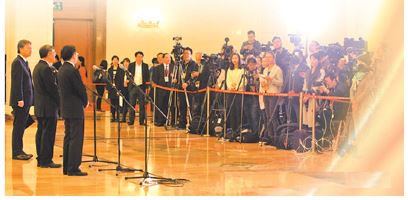政府采购法律与政策(四):印度
II. Procurement Guidelines
One of the objectives of the various procurement policies under the framework of the general principles contained in the GFR is to ensure responsibility, accountability, efficiency and economy. The policies also ensure the transparent, fair and equitable treatment of suppliers and the promotion of competition in public procurement. The cardinal principle in any public buying is to procure the materials and/or services of the specified quality, at the most competitive prices in a fair, just and transparent manner, as outlined in the Manual on Policies and Procedures for purchase of Goods,[12] issued on August 31, 2006.
The competent authority invites tenders with a view to purchase goods and services. Suppliers, including foreign companies, who are centrally registered with the Director General of Supplies and Disposal (DGS&D) and willing to compete, may submit tenders agreeing to supply goods of the requested specifications. Indian agents who desire to quote directly on behalf of their foreign manufacturers/principals are also required to register themselves with the appropriate authority for submission of tenders.
Evaluation of the tenders received is one of the most significant areas of purchase management. The entire process of evaluation and contract awarding must be transparent. The Purchase Officer is required to prepare a comparative statement of quotations received, in the order in which the tenders were received. All tenders must be evaluated solely on the terms and conditions incorporated in the invitation for tenders. No new conditions may be added at the tender evaluation stage; in this way no bidder may have an unfair advantage.
If a minor informality/irregularity is found while scrutinizing the proposals, the purchase officer may waive the same provided it does not affect other bidders. However, all such actions must be waived or approved by the competent authority. Upon completion of the scrutiny, tenders are consolidated into a statement, in ascending order of the evaluated prices, so as to get a clear picture of their standing as well as comparative financial impact.
Before awarding a contract to the lowest evaluated responsive tender, the purchase organization must ensure that the price to be paid is reasonable. This may be determined by comparing the contract price with the price last paid for such item, the current market price, the price of raw materials, receipt of competitive offers from different sources, and the quantity of materials involved.
Before placing an order with the successful bidder, the latter is informed in writing of the acceptance of his proposal and the time within which he is required to furnish performance security. An individual who has submitted a tender for the contract may also complain about a grievance and be heard regarding any irregularity in procedure or otherwise which occurred while scrutiny of the tenders was being conducted.( Prepared by Krishan Nehra Senior Foreign Law Specialist)
上一篇:政府采购法律与政策(三):欧盟













